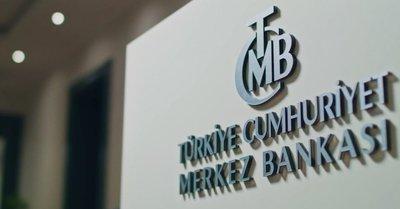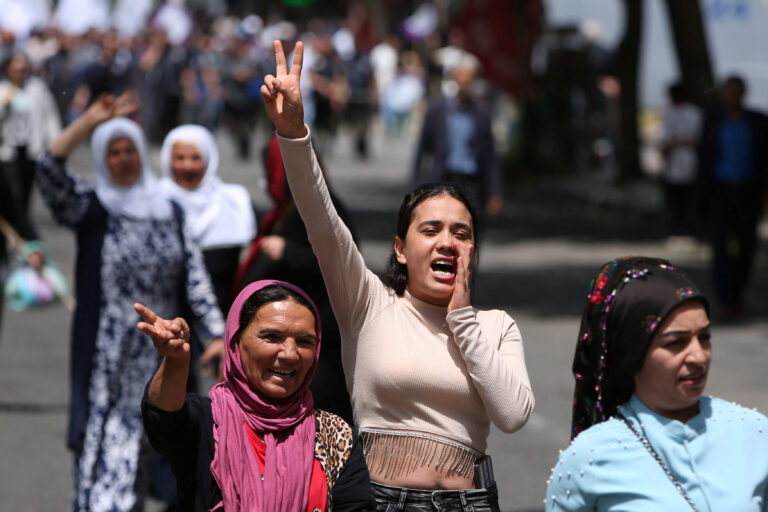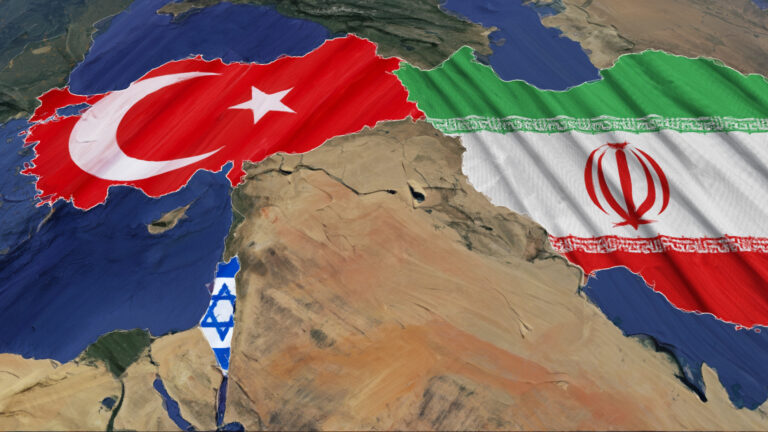For the first time in 27 months, Turkey’s central bank has raised interest rates. The 6.5% increase marks the first time the bank has done so under the tenure of Hafize Gaye Erkan, the new bank minister who took office less than two weeks ago.

Although the first in over two years, the rate increase was nevertheless less than what most domestic and international financial institutions had expected, which had projected the central bank to hike the figure in the neighborhood of 20-40%. Partially aimed at controlling Turkey’s crushing inflation, many economists had warned that simply raising interest rates would be insufficient to curb the devaluation of the Turkish Lira.
Erdoğan softens hardline interest rate approach
Turkish President Recep Tayyip Erdoğan has long been known for his opposition to high interest rates. Believing the practice of interest rate hikes to be un-Islamic, the president has been previously quoted in speeches when discussing the topic saying “They may have their Dollars, but we have our Allah.” He is also believed to subscribe to an unorthodox economic philosophy that sees high interest rates as a culpit of high inflation, the opposite of the mainstream view shared by most economists. However, recent signs have pointed to a softening on this approach by Erdoğan. The recent appointment of Mehmet Şimşek as Treasury and Finance Minister was interpreted by many as a reversion to more orthodox economic practices, which dictate that raising interest rates curbs high inflation. Şimşek previously served in the role between 2009 and 2015 in which he guided Turkey through the 2008 global financial crisis and earned clout in international banking circles. Upon taking office earlier this month, Şimşek promised that a ‘rational basis’ would be the starting point for any changes. Ahead of the expected rate hike, Erdoğan had announced that while his policies on interest rates had not changed, he would ‘accept’ the changes suggested by the new minister.

Lira takes a dive
Following the lower-than-expected interest rate hike, the Turkish Lira took a dip on Thursday (June 22), falling from around 23.5 TL to the US Dollar to around 24.5 by midday.
Economists urge caution
Prior to today’s interest rate hike, many economists had argued that structural changes and reforms to Turkey’s economy would be necessary to curb inflation and that simply hiking interest rates would not suffice. Others warned of the recession risks inherent in sudden dramatic interest rate increases. Famed MIT economist Daron Acemoğlu spoke to Medyascope Editor-in-Chief Ruşen Çakır on Monday (June 19), in which he addressed the prospect of a major interest rate increase saying:
“The sudden increase in interest rates has the potential to create problems…Doing this suddenly can have major effects and it is necessary to do so in a planned and prepared manner. It is necessary to provide the right resources, institute the right policies, provide the banks with the necessary support, and with bad loans. I do not know how many of these preparations have already been made. But when you take these considerations into the equation, it is simply not possible to suddenly increase the interest rates to 40%.”

Statement from Monetary Policy Committee
Medyascope'un haftalık e-bülteni
Andaç'a abone olun
Editörlerimizin derlediği öngörüler, analizler, Türkiye’yi ve dünyayı şekillendiren haberler, Medyascope’un e-bülteni Andaç‘la her çarşamba mail kutunuzda.
Following the interest rate increase the Monetary Policy Committee (PPK), the board that oversees such changes, made a statement indicating that such financial measures will continue to be taken as necessary until inflation is brought under control:
“The committee has decided to institute a monetary tightening process in order to establish disinflation as soon as possible, to anchor inflation expectations, and to bring pricing behavior under control. In our country, recent indicators point to an increase in the underlying trend of inflation. This development was driven by strong domestic demand, cost-side pressures, and the rigidity of services inflation. In addition to these factors, the committee anticipates that bringing pricing behavior under control will have an additional negative impact on inflation.”
“Monetary tightening will be gradually strengthened when necessary until we reach a significant improvement in the inflation outlook. The effectiveness of monetary policy will increase with the start of the monetary tightening process. The committee will simplify the existing micro- and macro-prudential framework to increase the functionality of market mechanisms and strengthen macro financial stability. The simplification process will be gradual by making impact analyzes.”
Written for Medyascope by Leo Kendrick












